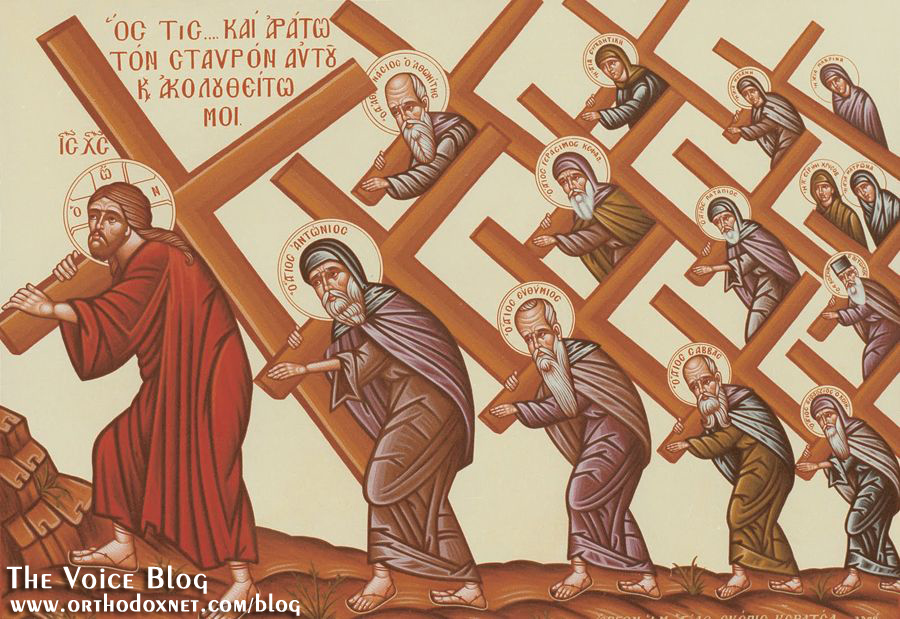 by Fr. Thaddaeus Hardenbrook –
by Fr. Thaddaeus Hardenbrook –
“Life, liberty, and the pursuit of happiness,” the Declaration of Independence states, are unalienable rights granted by our Creator, to be protected by the government. Unfortunately the definitions for these terms were never truly agreed upon and, being defined by men, change over time. When does the right to life begin? In the womb or after birth? To what extent are we free? Until we hurt ourselves or others? And happiness, that popular but pitiful word constantly bent to the whim of emotions and impulses.
At the time of the writing of the Declaration, the meaning of the word happiness was greatly debated. Some restricted its meaning to only the acquisition of material possessions. For others it meant absolute freedom. Others insisted that happiness was attained only through the practice of reason and truth. [Read more…]



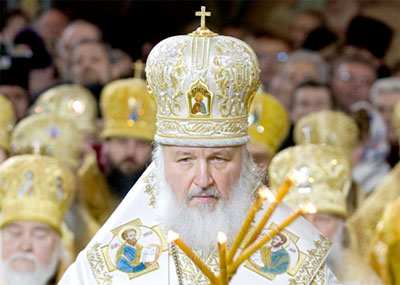 by Fr. Mark Hodges –
by Fr. Mark Hodges –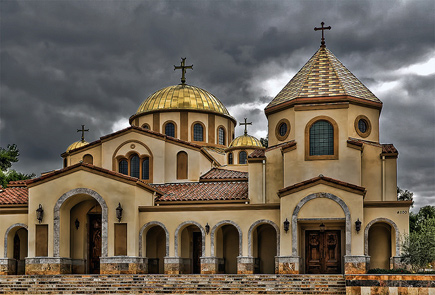 by Fr. John Whiteford –
by Fr. John Whiteford –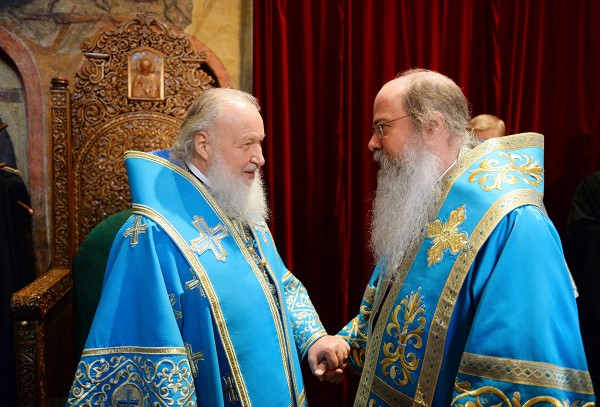 by Patriarch Kirill of Moscow and All Russia –
by Patriarch Kirill of Moscow and All Russia – St. Nikolai Velimirovich –
St. Nikolai Velimirovich –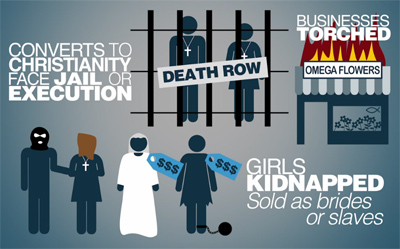 by Shawn Schuster –
by Shawn Schuster –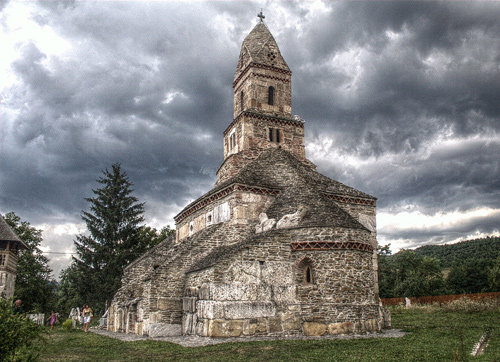 by Fr. Lawrence Farley –
by Fr. Lawrence Farley –